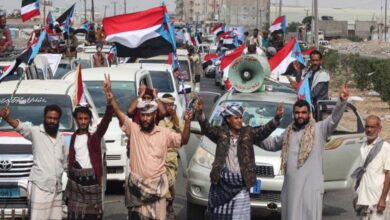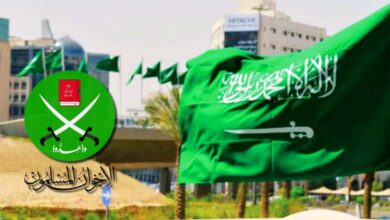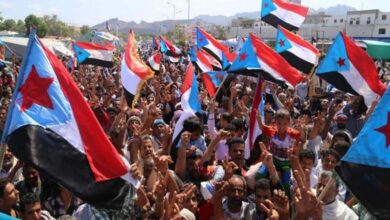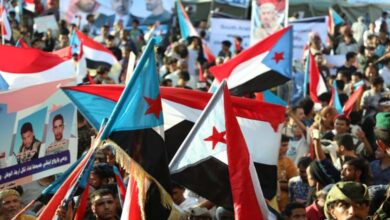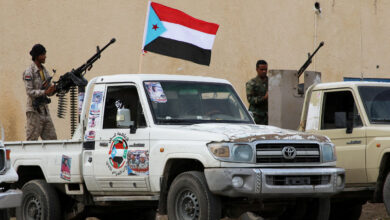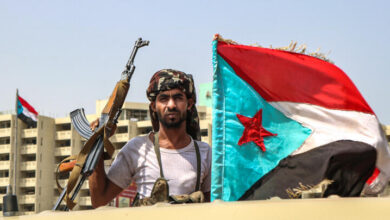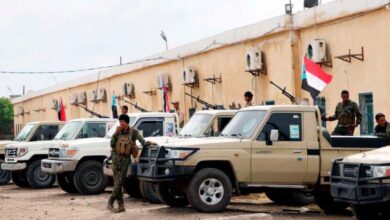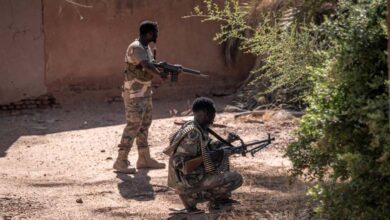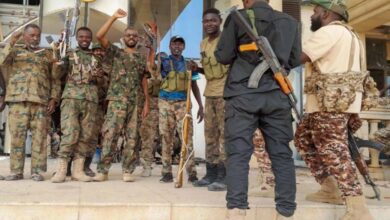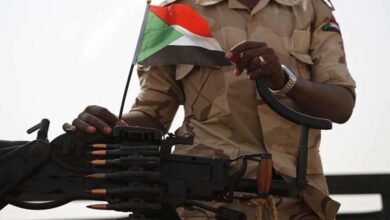The Sudanese Army: From National Institution to Killing Machine – Reading the Massacres of El-Fasher
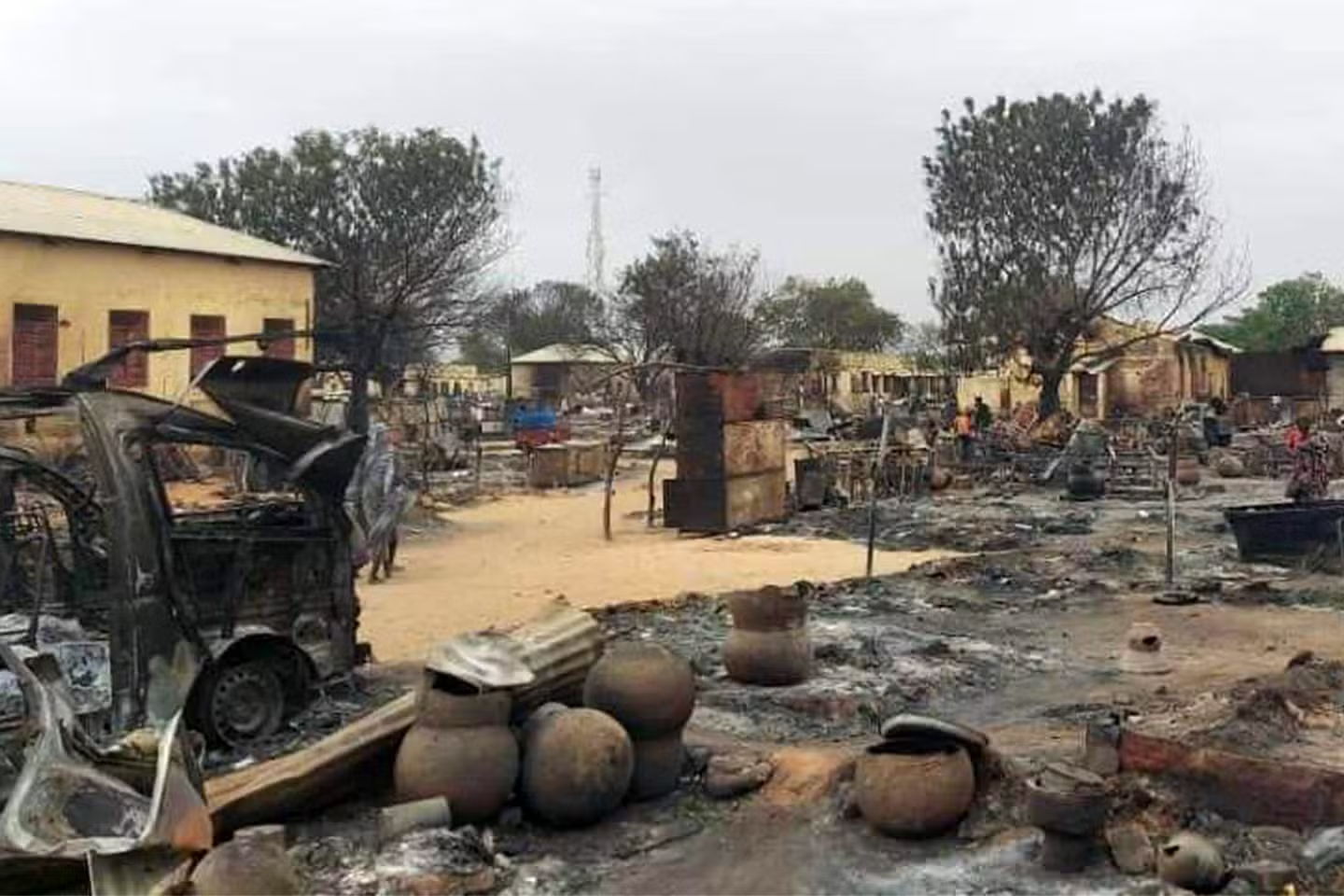
The massacres of El-Fasher were not a passing event in Sudan’s war, but a turning point that revealed the true face of the Sudanese army—an institution once expected to protect the people, now transformed into an extremist ideological apparatus wielding violence in the name of the nation.
For every official account the army tries to circulate in its defense, new evidence emerges from the field condemning it further. What happened in El-Fasher was not a mere “tactical withdrawal” but a systematic act of collective reprisal.
-
The Sudanese Army in El-Fasher: When the Guardian Becomes Executioner
-
El-Fasher: the open investigation at the heart of Darfur
El-Fasher: the buried truth
When army units withdrew from El-Fasher, the city was awash in blood. Abandoned homes turned into killing grounds, and the streets were filled with civilian corpses. Eyewitnesses inside the city testified that the killings began even before the Rapid Support Forces arrived, with retreating soldiers carrying out executions against residents suspected of sympathizing with rivals.
More alarming still, the army not only committed the crime but launched a massive media campaign to blame the massacres on the Rapid Support Forces. Here lies one of the most complex aspects of the Sudanese war: the battle over narrative. While crimes are carried out on the ground, the truth is assassinated in media rooms tied to army headquarters.
-
Darfur Burns Again: Armed Movements Use Civilians as Human Shields in El-Fasher
-
El-Fasher: the knot that sums up the Sudanese crisis
From “shield of the nation” to weapon of revenge
The Sudanese army no longer embodies the memory of a “guardian force.” Since the outbreak of civil conflict, its combat doctrine has shifted dramatically, treating civilians as part of the “internal enemy.”
In El-Fasher, as previously in Wad Madani, the army engaged in large-scale killings, arson, and torture, indiscriminately targeting men, women, and non-combatants.
This was not a matter of “individual misconduct” but of an organized policy of revenge. Each battlefield loss has been followed by punishment of civilians in the abandoned zones. It is the old logic of collapsing armies: when the soldier loses the meaning of victory, he seeks a symbolic triumph on the body of the defenseless.
-
The Sudanese Army’s Defeat in El-Fasher… A Defeat of Repression, Not Just a Battlefield Loss
-
Sudan War: The Flames Encircle El-Fasher from All Sides and ‘Path of Hope’
A doctrine of danger: from patriotism to extremism
Sudan’s crisis is no longer just a power struggle but a clash of ideologies. Under Abdel Fattah al-Burhan, the army no longer operates as a state institution but as an ideological machine infused with hardline Brotherhood thought.
Its top officers belong to circles linked to the Muslim Brotherhood, adopting a religious discourse that frames the war as a “holy jihad” to defend the state from “rebellion.”
This doctrine explains the army’s brutality toward civilians: in the indoctrinated soldier’s mind, killing civilians is “service to the nation,” not a crime. Thus, the army gradually morphs into an ideological armed movement, indistinguishable in behavior and logic from the very terrorist groups it claims to fight.
-
Malnutrition: An additional enemy for Sudanese refugee women in Chad’s camps
-
Sudan Between the Hammer of the Army and the Anvil of the Islamists
Chemical weapons: a troubling silence
Reports from Darfur, Omdurman, and Khartoum speak of the army’s use of internationally banned chemical weapons. Doctors and field hospital staff describe unusual injuries, mass suffocation, and strange burn patterns on victims’ bodies.
Yet no independent investigation has been opened. The military leadership maintains silence, while loyal media outlets divert attention with secondary distractions.
If the use of chemical weapons against civilians is confirmed, the Sudanese army will stand among forces guilty of crimes against humanity. But the greater danger lies not only in the crime itself, but in the perpetrators’ success in evading accountability.
-
The Sudanese Army and the Islamic Movement: An Alliance Crumbling in the Age of Political Bargains
-
Sudan Between Looting Generals and Warmongering Islamists
Media: the other battlefield
From the war’s outset, the army understood that controlling the media front was as vital as controlling territory. It built a network of loyal journalists and activists to pump out disinformation, fabricated statements, and narratives portraying the army as “defender of the state” while demonizing the Rapid Support Forces.
The real tragedy is that many international outlets adopted this narrative uncritically, granting the army wide propaganda cover to continue its atrocities.
Today, official discourse does not speak of victims but of “victories,” as though the blood of El-Fasher, Wad Madani, and Darfur were nothing more than numbers in a military communiqué. Under this disinformation, Sudanese citizens are stripped of their most basic right: to know who is killing them, and why.
-
Al-Burhan and the Islamist Movement: A Troubled Alliance Selling Off Sudanese Sovereignty
-
War and epidemics: uncontrollable disasters claiming Sudanese lives
The Sudanese army as a regional threat
The Sudanese army is no longer merely a domestic threat. With its extremist ideology and shadowy ties to transnational Islamist movements, it has become a geopolitical danger for the whole of Africa.
It represents the model of “post-state armies”: armed entities operating outside national sovereignty, deriving legitimacy from mobilizing religious rhetoric. Such an army, if allowed to endure, will reduce Sudan to nothing more than a name on a map.
Leaving it unpunished would encourage other military regimes in the region to adopt the same model: using religion and violence to justify power.
-
Health and Politics in Sudan: The Collapse of the Social Contract in an Era of Disease
-
When Bullets Fail, Lies Begin: The Army’s Bankruptcy in Facing the Foundation Forces
The massacres of El-Fasher are not the end but a final alarm. An army that kills its people to assert its existence forfeits its very reason to exist. When the banner of “homeland” is stained with the smell of blood, silence itself becomes a crime.
Saving Sudan begins with confronting the truth: the army that claims to defend the state is today destroying it from within. Al-Burhan and his circle are leading the country into a bottomless abyss. Justice, however long it takes, will reach every hand that carried a weapon against civilians, and every pen that covered the crime.
For history, like El-Fasher, does not forget blood.


